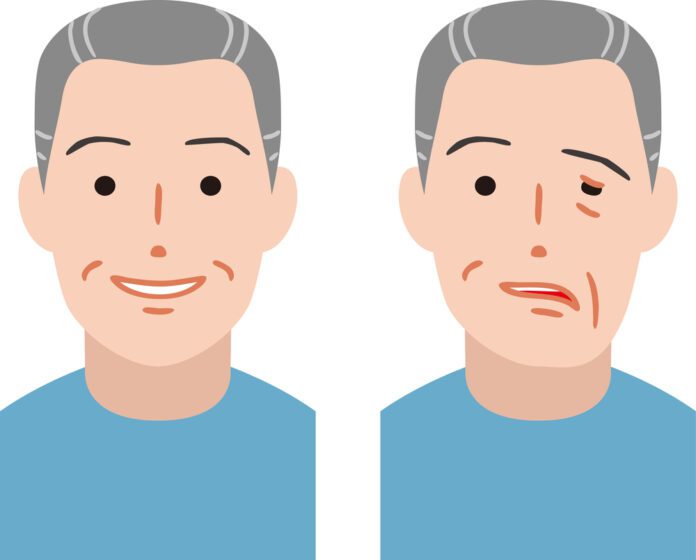Overview Of Ramsay Hunt Syndrome
Ramsay Hunt Syndrome (RHS) is a painful rash around the ear, on the face, or on the mouth. It occurs when the varicella-zoster virus infects a nerve in the head.
Commonly Associated With
Hunt syndrome; Herpes zoster oticus; Geniculate ganglion zoster; Geniculate herpes; Herpetic geniculate ganglionitis
Causes Of Ramsay Hunt Syndrome
The varicella-zoster virus that causes Ramsay Hunt syndrome is the same virus that causes chickenpox and shingles.
In people with this syndrome, the virus is believed to infect the facial nerve near the inner ear. This leads to irritation and swelling of the nerve.
The condition mainly affects adults. In rare cases, it is seen in children.
Symptoms Of Ramsay Hunt Syndrome
Symptoms may include:
- Severe pain in the ear
- Painful rash on the eardrum, ear canal, earlobe, tongue, and roof of the mouth on the side with the affected nerve
- Hearing loss on one side
- The sensation of things spinning (vertigo)
- Weakness on one side of the face that causes difficulty closing one eye, eating (food falls out of the weak corner of the mouth), making expressions, and making fine movements of the face, as well as facial droop and paralysis on one side of the face
Exams & Tests
A health care provider will usually diagnose Ramsay Hunt Syndrome by looking for signs of weakness in the face and a blister-like rash.
Tests may include:
- Blood tests for varicella-zoster virus
- Electromyography (EMG)
- Lumbar puncture (in rare cases)
- MRI of the head
- Nerve conduction (to determine the amount of damage to the facial nerve)
- Skin tests for varicella-zoster virus
Treatment Of Ramsay Hunt Syndrome
Strong anti-inflammatory drugs called steroids (such as prednisone) are usually given. Antiviral medicines, such as acyclovir or valacyclovir may be given.
Sometimes strong painkillers are also needed if the pain continues even with steroids. While you have weakness of the face, wear an eye patch to prevent injury to the cornea (corneal abrasion) and other damage to the eye if the eye does not close completely. Some people may use a special eye lubricant at night and artificial tears during the day to prevent the eye from drying out.
If you have dizziness, your provider can advise other medicines.



